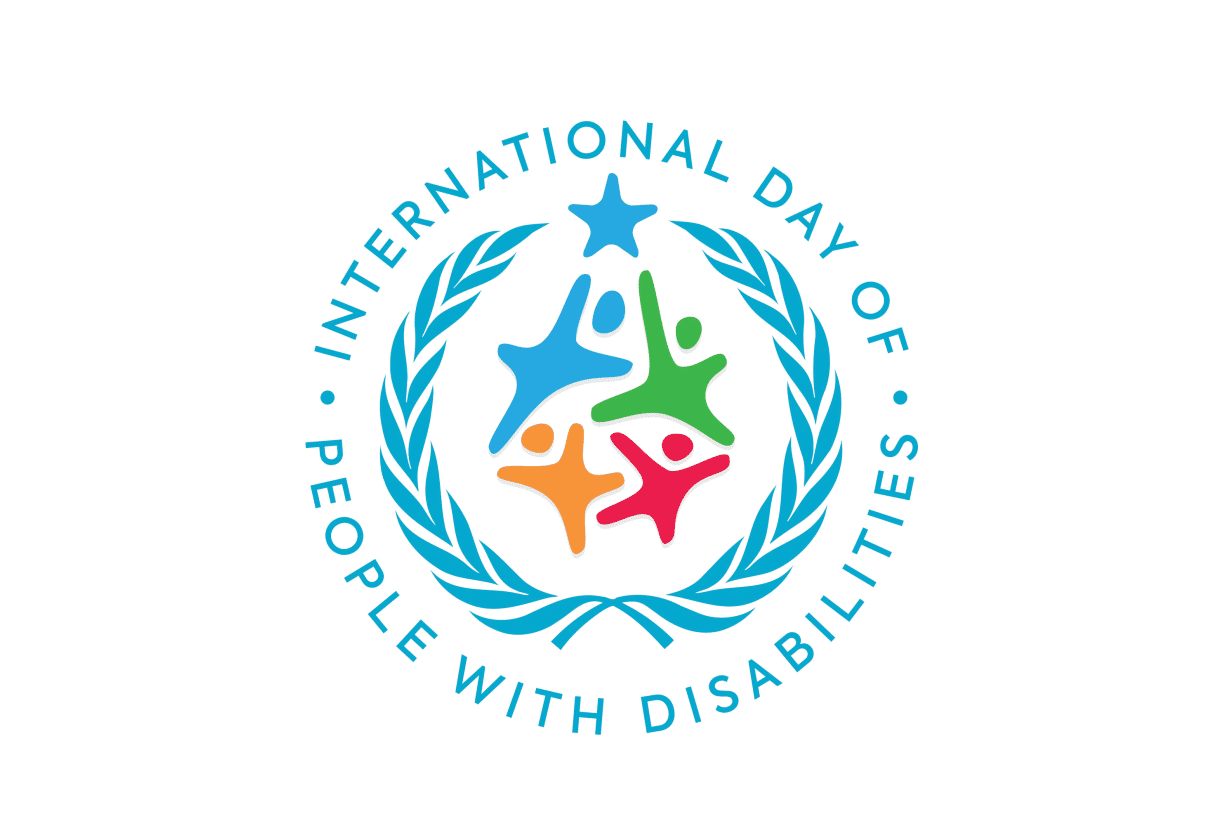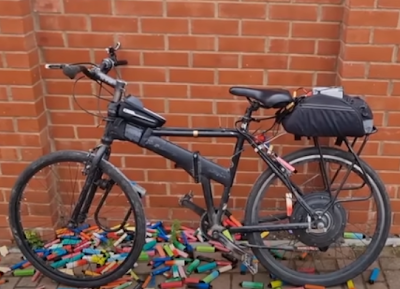The United Nations General Assembly resolution 47/3 established the International Day of Persons with Disabilities (IDPWD) in 1992. The day, observed annually on Dec. 3, promotes the rights and well-being of people with disabilities, understanding issues and supporting actions to create a more accessible world for all. Each IDPWD focuses on a different area. This year’s theme is “Transformative solutions for inclusive development: the role of innovation in fueling an accessible and equitable world.”
Over 1 billion people live with a disability; not all are visible. IDPWD brings to light the difficulties that people living with disabilities endure daily, including stigmatization, discrimination, decreased access to healthcare services, communication barriers, and poverty.
Common Barriers
People with disabilities face a multitude of obstacles physically, emotionally, and financially. Over half of them in low-income countries cannot afford proper healthcare. This lack doesn’t include the physical barriers to getting to health providers, such as a lack of public transport, stairs at the entrance to buildings, and difficult-to-read instructions or information on websites.
According to the World Health Organization:
- Persons with disabilities are three times more likely to be denied health care.
- They are four times more likely to be mistreated in the health care system.
- They are 50% more likely to suffer a catastrophic health expenditure.
People with disabilities are disproportionately affected by COVID-19 and are four to 10 times more likely to experience violence. These facts highlight the harsh reality that 15% of the world’s population experiences.
Five things to know about living with a disability during COVID-19
Video Courtesy UN: https://www.un.org/en/observances/day-of-persons-with-disabilities
Awareness Is The First Step
Being aware that the world is a lot more challenging for neurodiverse individuals and persons with disabilities is the first step. Public amenities like toilets, bathrooms, and chairs can be difficult for people with disabilities to use.
Activities like using the Metro station, calling a doctor to set up an appointment, and attending sports games can pose difficulties. Driving is another prime example — most people who drive don’t consider the lack of accessible transport options for others.
Advocacy Is Crucial
While we advocate for more inclusion in the workspace, accessible public spaces and amenities, and better access to healthcare, we must remind ourselves that this is not an easy or quick change but a necessary one.
“Evidence and experience shows that when barriers to their inclusion are removed, and persons with disabilities are empowered to participate fully in societal life, their entire community benefits,” according to the UN website. By supporting neurodiverse individuals and people living with disabilities, we are making the world a better place for all.
This Dec. 3, please show your support for your family members, neighbors, coworkers, and community members living with a disability. You can donate on the IDPWD website and check out the United Nations website for events. Let’s keep moving toward real progress.





